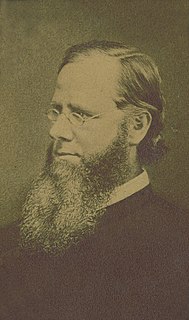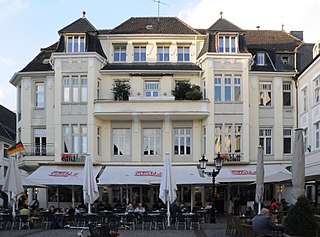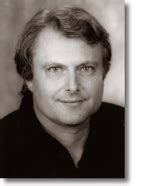A Quote by Andre Malraux
The thrill of creation which we experience which we experience when we see a masterpiece is not unlike the feeling of the artist who created it; such a work is a fragment of the world which he has annexed and which belongs to him alone.
Related Quotes
He was prepared to die for it, as one of Baudelaire's dandies might have been prepared to kill himself in order to preserve himself in the condition of a work of art, for he wanted to make this experience a masterpiece of experience which absolutely transcended the everyday. And this would annihilate the effects of the cruel drug, boredom, to which he was addicted although, perhaps, the element of boredom which is implicit in an affair so isolated from the real world was its principle appeal for him.
The artist has some internal experience that produces a poem, a painting, a piece of music. Spectators submit themselves to the work, which generates an inner experience for them. But historically it's a very new, not to mention vulgar, idea that the spectator's experience should be identical to, or even have anything to do with, the artist's. That idea comes from an over-industrialized society which has learned to distrust magic.
Dialectical logic undoes the abstractions of formal logic and of transcendental philosophy, but it also denies the concreteness of immediate experience. To the extent to which this experience comes to rest with the things as they appear and happen to be, it is a limited and even false experience. It attains its truth if it has freed itself from the deceptive objectivity which conceals the factors behind the facts - that is, if it understands its world as a historical universe, in which the established facts are the work of the historical practice of man.
Again and again, Primo Levi's work is described as indispensable, essential, necessary. None of those terms overstate the case, but they do prepare readers new to Levi for a forbiddingly educative experience, making him a writer unlike all others and the experience of reading him a chore. Which it isn't.
There was another thing I heartily disbelieved in - work. Work, it seemed to me even at the threshold of life, is an activity reserved for the dullard. It is the very opposite of creation, which is play… The part of me which was given up to work, which enabled my wife and child to live in the manner which they unthinkingly demanded, this part of me which kept the wheel turning - a completely fatuous, ego-centric notion! - was the least part of me. I gave nothing to the world in fulfilling the function of breadwinner; the world exacted its tribute of me, that was all.
Prayer brings to us blessings which we need, and which only God can give, and which prayer can alone convey to us ... This service of prayer is not a mere rite, a ceremony through which we go, a sort of performance. Prayer is going to God for something needed and desired. Prayer is simply asking God to do for us what he has promised us he will do if we ask him ... Asking is man's part. Giving is God's part. The praying belongs to us. The answer belongs to God.
All the lies and evasions by which man has nourished himself civilization, in a word is the fruits of the creative artist. It is the creative nature of man which has refused to let him lapse back into that unconscious unity with life which characterizes the animal world from which he made his escape.
We do not rest satisfied with the present.... So imprudent we are that we wander in the times which are not ours and do not thinkof the only one which belongs to us; and so idle are we that we dream of those times which are no more and thoughtlessly overlook that which alone exists. For the present is generally painful to us.
By inner experience I understand that which one usually calls mystical experience: the states of ecstasy, of rapture, at least of meditated emotion. But I am thinking less of confessional experience, to which one has had to adhere up to now, that of an experience laid bare, free of ties, even of an origin, of any confession whatever. This is why I don't like the word mystical.
Life and work are not things apart. Work is more than gaining privileges and possessions; it is ongoing, ecstatic, LIVING experience. When we tap into living experience, we no longer feel as though we must be king. We can just be ALIVE at work! When we live in the bliss, there is no difficulty which is insurmountable. If we miss the bliss, there is no compensation which is adequate.





































